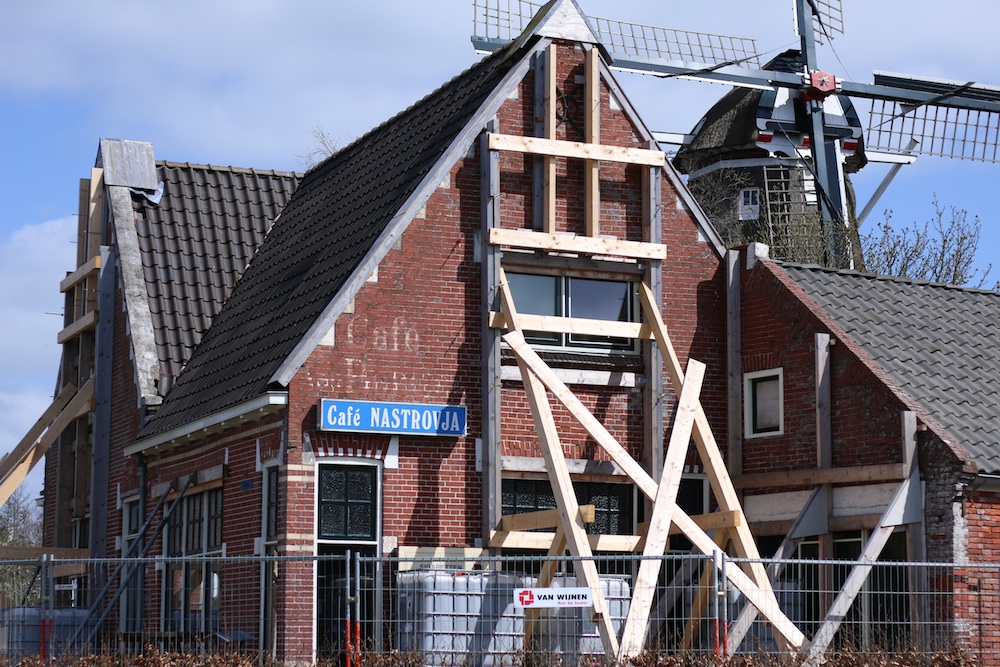Groningen hit by strong earthquake as gas extraction impact continues


The province of Groningen was hit by a strong earthquake in the early hours of Wednesday morning, as the ground continues to settle following the extraction of natural gas.
Hundreds of people have reported feeling the quake, which hit shortly before 6am. ‘The people of Groningen were shaken away,’ one person said on Twitter.
By 11am, officials had received 90 reports of damage, including 12 requiring immediate assessment, news agency ANP said.
The quake measured 3.4 on the Richter scale, making it the third strongest in the province since the problems began. ‘This will have caused damage,’ a spokesman for the KNMI seismology unit said.
Prime minister Mark Rutte told television show Goedemorgen Nederland that he hoped the damage had been limited. In the 1950s everyone was so optimistic about the gas find, but it has now ‘changed into a nightmare,’ Rutte said.
The quake’s epicentre was in Loppersum, where last year’s major quake was also centred. That quake, and the public outcry, led the government to agree to phase out drilling for gas completely.
Inquiry
In March MPs unanimously backed calls for a parliamentary inquiry into the gas extraction project in Groningen province, 60 years after the gas fields were first tapped.
The first gas was piped up from three kilometers under Groningen province in 1959 and the field was said to be one of the biggest in the world.
Gas extraction was put in the hands of NAM, a 50:50 joint venture between Shell and Esso, now ExxonMobil. Gas extraction increased in the following years, providing a major source of income for the government as well as NAM.
The first earthquake hit in 1986 and there have been over 1,000 since then. Most were light and considered irrelevant by The Hague. But in 2012 the province was hit by a quake measuring 3.6 on the Richter scale which caused considerable damage to hundreds of homes and other buildings.
Since then pressure has mounted on the government to wind down production and last year the government decided that gas extraction would stop altogether in 2030.
Thank you for donating to DutchNews.nl.
We could not provide the Dutch News service, and keep it free of charge, without the generous support of our readers. Your donations allow us to report on issues you tell us matter, and provide you with a summary of the most important Dutch news each day.
Make a donation